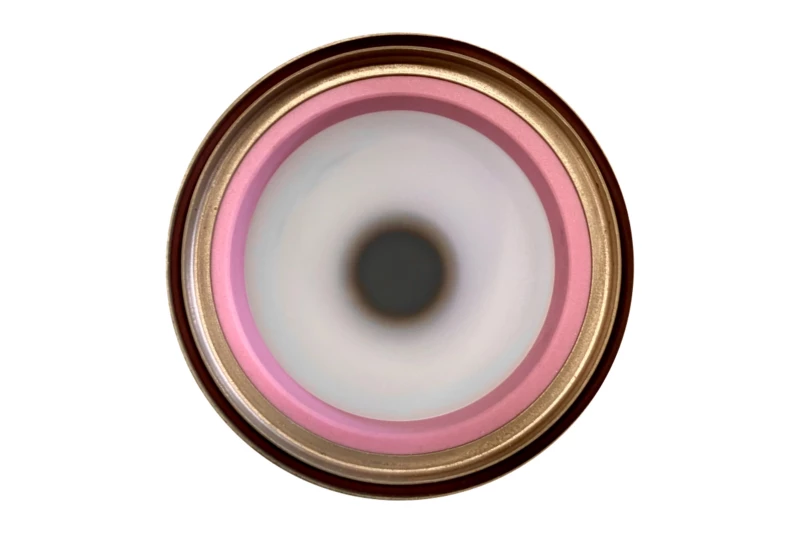Sodium-iron Battery Startup To Challenge Li-ion For Extended Storage

Inlyte Energy
For years, lithium-ion batteries have been the go-to solution for long-term energy storage, but their production and maintenance costs remain high. A California-based startup, Inlyte, aims to provide a scalable alternative with its sodium-iron battery technology and is preparing to produce cells to demonstrate its potential.
The History and Evolution of Sodium-Iron Batteries
The concept of sodium-iron batteries has been around for decades. In the 1970s, Beta Research, a UK-based company, pioneered the technology for use in electric vehicles. However, it never gained traction, and lithium-ion batteries eventually became the dominant technology. Years later, Stanford graduate Antonio Baclig pursued sodium metal halide battery designs as part of his quest to develop a utility-scale energy storage solution, founding his own company to bring it to market.
Inlyte took note of Beta Research’s work and acquired both its team and facilities. In 2023, the startup secured $8 million in seed funding to fuel its plans. Now, with a partnership with Horien Salt Battery Solutions, Inlyte is scaling up sodium-iron battery production in the U.S. to bring long-duration storage solutions to the market.

Inlyte Energy
The primary advantage of sodium-iron batteries lies in their composition: using two widely available materials, these batteries could cost as little as $35 per kWh when produced at scale. This is a significant reduction compared to the $139 per kWh cost of lithium-ion batteries.
Durability and Safety of Sodium-Iron Batteries
Sodium-iron batteries are also robust, capable of operating in any climate, safe to transport, and carry minimal fire risks. They offer between 6 to 24 hours of energy storage, far exceeding the typical 4 hours provided by lithium-ion batteries.
Inlyte has already demonstrated its cells’ ability to endure over 700 cycles without losing energy capacity and estimates a lifespan of at least 7,000 cycles, or about 20 years. This could pose a serious challenge to lithium-ion storage systems, such as Tesla’s Megapack.
Future Plans for U.S. Manufacturing
Through its collaboration with Horien, Inlyte aims to open its first U.S.-based battery factory by 2027. The company has been testing its technology at a pilot plant in the UK, and leveraging Horien’s manufacturing expertise could expedite its efforts to commercialize and attract customers in the near future.
Read the original article on: New Atlas
Read more: Portable Device Revolutionizes Ammonia Production with Eco-Friendly Innovation










